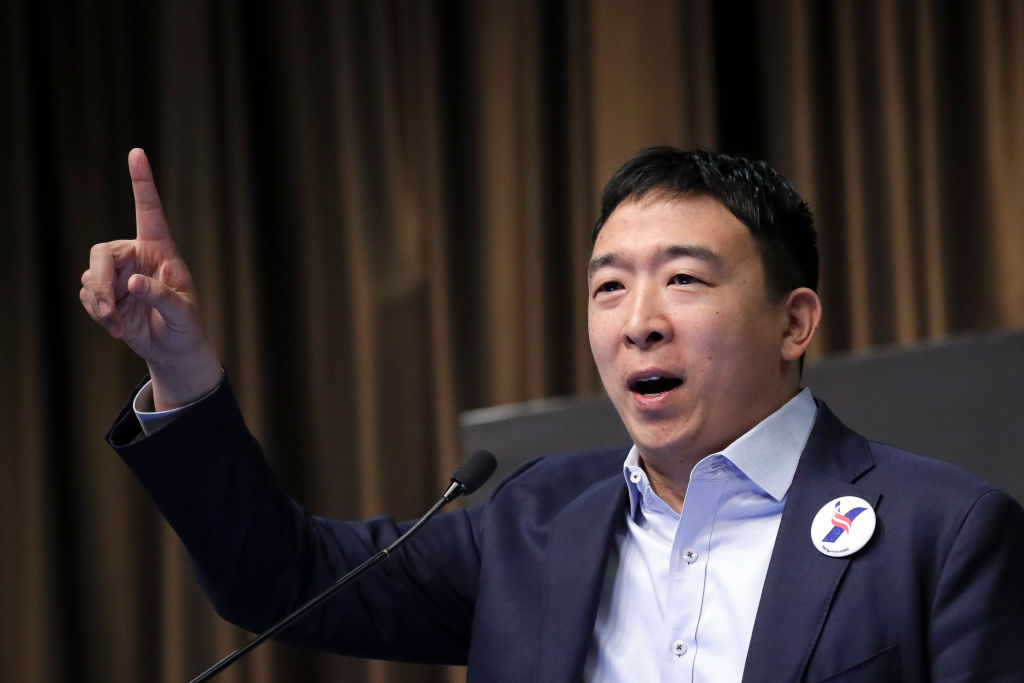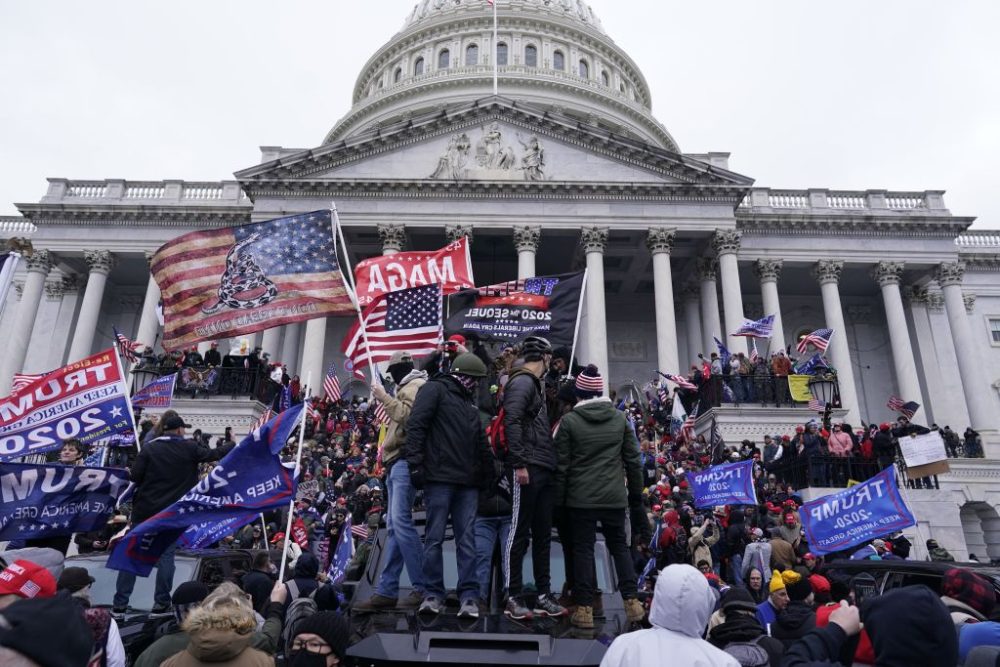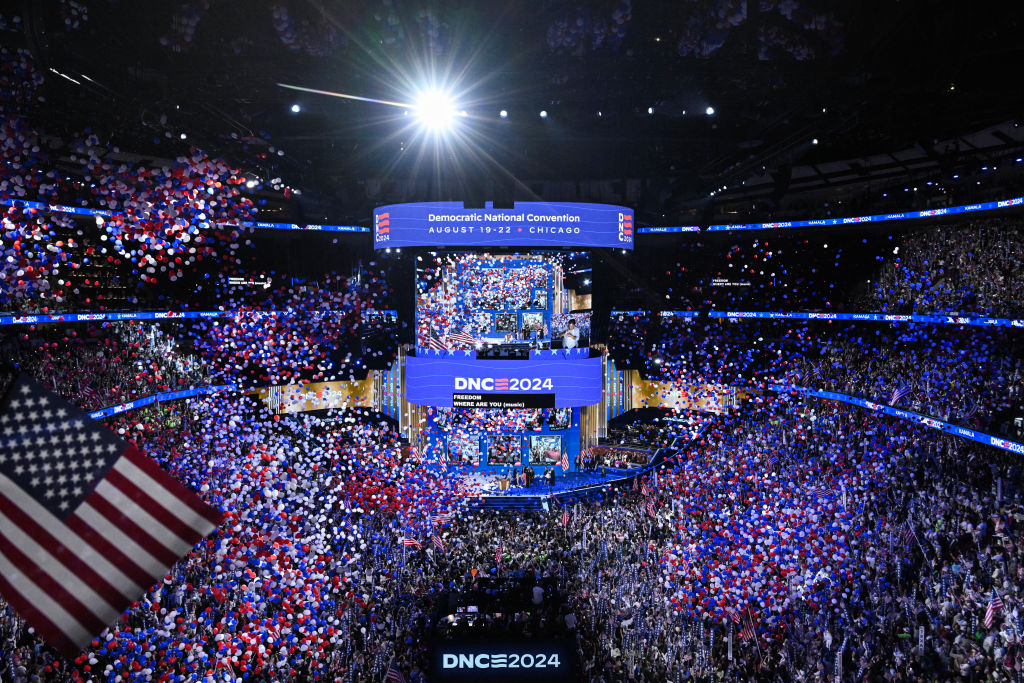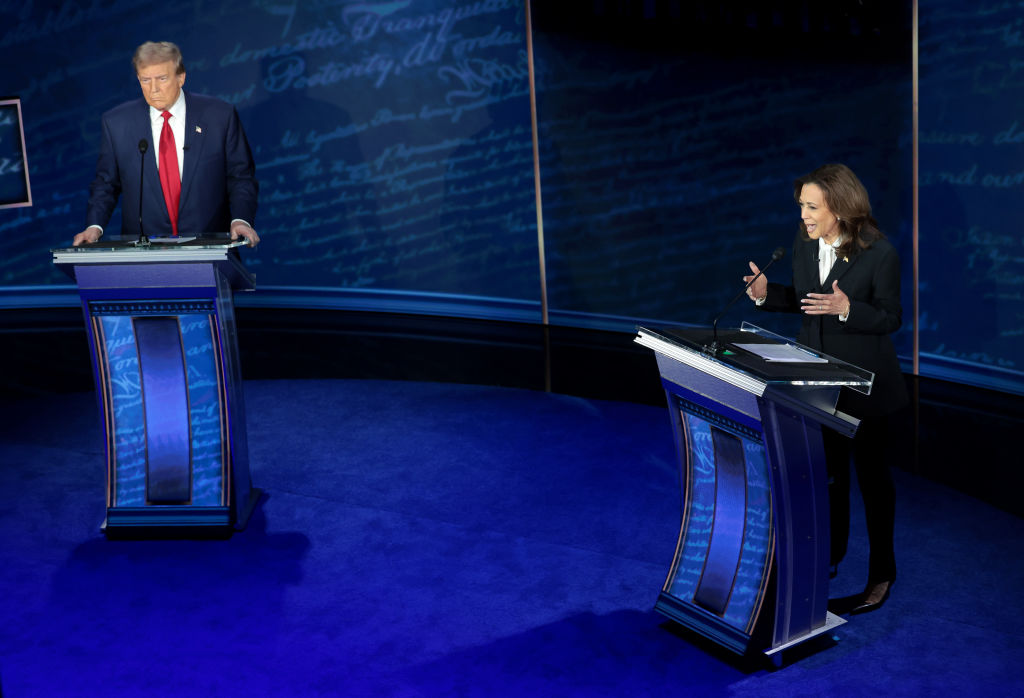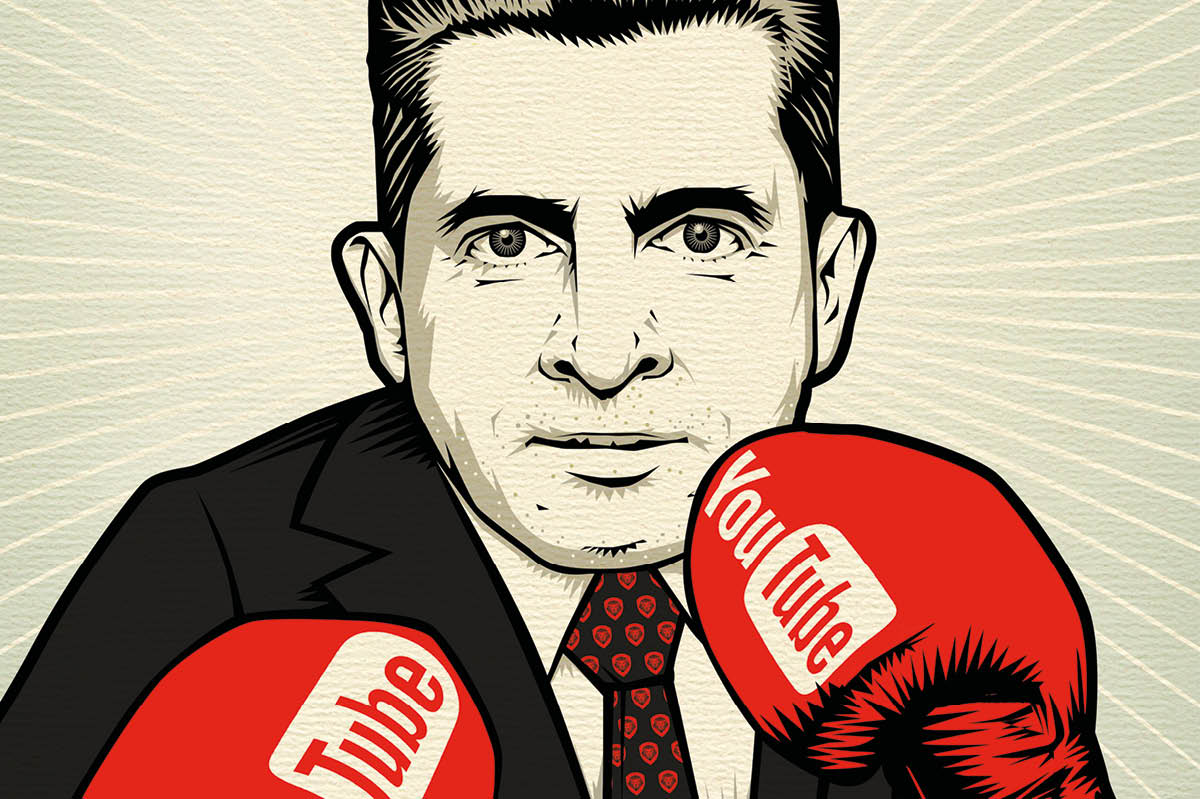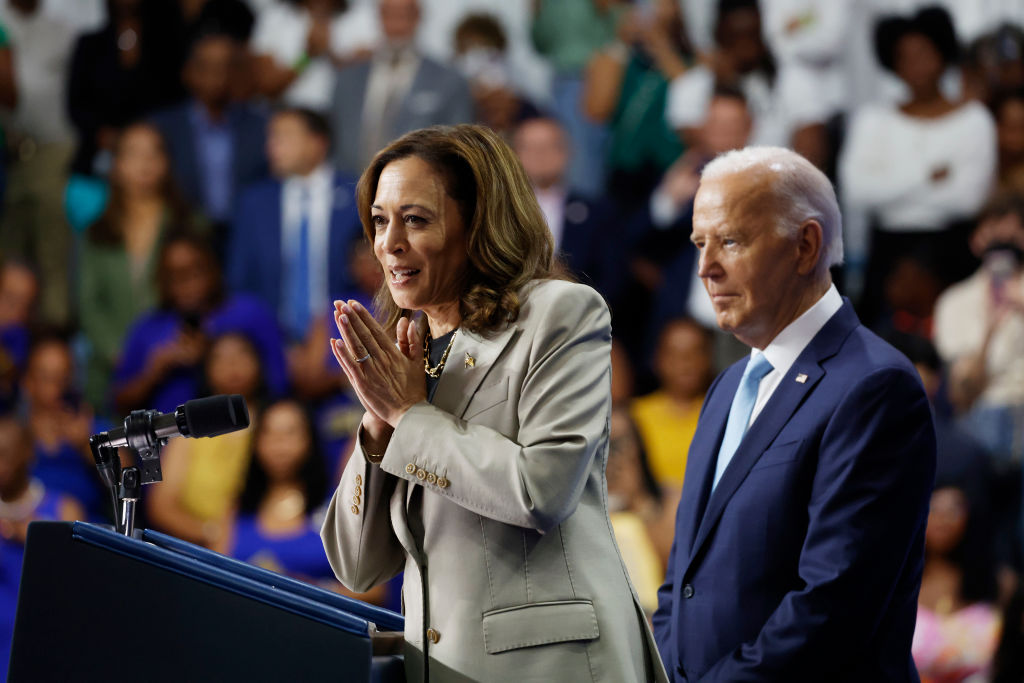The Oxford English Dictionary defines ‘charisma’ as ‘compelling attractiveness or charm that can inspire devotion in others’ – how fortunate then that the Democrats have been blessed with two exceptionally charismatic 2020 candidates in Beto O’Rourke and Andrew Yang.
The candidacies of Beto and Yang are especially intriguing as they represent a pitch to the American people delivered from two opposing ends of the charisma spectrum. Beto is the hyper-sanitized, telegenic, photogenic, focus-group optimized old-money Texan who, as he says himself, was born to be in it. He’s also physically attractive, which counts in politics. This was true for John F. Kennedy, and it will remain true for Beto – his first day fundraising stats were impressive. Skateboarding aside, the one trick he’s yet to master is becoming meme-worthy. Actually, that’s not strictly true – the Beto’s Journal parody accounts that seem to keep popping up on Twitter are quite a good send-up of his tendency to spew up weird quasi-profound prose on his social channels.
Enter Andrew Yang, an obscure entrepreneur who’s somehow attracted enough individual donations to force an invite to the DNC-sanctioned televised debates. You simply cannot buy (nor strategize) the type of internet notoriety that Andrew Yang has already cultivated – his enduring hashtag #YangGang has that perfectly balanced assonance, and as for #securethebag – how many other candidates have a côterie of online followers enthusiastically spreading a reference to their signature policy?
It’s difficult to tell how much of Yang’s support is ironic – but as Donald Trump would tell you, being a meme matters. Having a group of people willing to ‘shitpost’ content that speaks to your policy platform for free, all day every day, is a precious political gift. We may never know just how many of Donald Trump’s supporters truly wanted a wall on the Mexican border – it’s quite possible that a majority of them just thought it would be funny to see him try and build one. Andrew Yang’s freedom divided (or, as he admits, Universal Basic Income by another name) is a policy that’s possibly even more audacious – no matter your position on UBI, it’s difficult to argue that the political paradigm shift necessary to realize one wouldn’t be an immensely entertaining spectacle.
However, Yang’s appeal runs deeper than having a bunch of policies that are popular on the internet. Some of his devotees are devotees because Yang seems like a genuine human being. By contrast, Beto comes across as a weirdly artificial political creation because he is one.
The yawning chasm between the two men is perhaps best illustrated via their Twitter feeds. Here is a recent Beto offering:
‘Let us be clear: we will not be defined by our fears or the smallness of our differences; we will instead be known by our ambitions, our aspirations and the resolve, the creativity, the service and sacrifice by which we will have achieved them.’
Let us be clear: we will not be defined by our fears or the smallness of our differences; we will instead be known by our ambitions, our aspirations and the resolve, the creativity, the service and sacrifice by which we will have achieved them.
— Beto O'Rourke (@BetoORourke) March 30, 2019
It’s as if he was left alone for five minutes with an iPhone by a careless staffer – Siri, tweet something presidential. Or perhaps the staffer wrote the tweet after five days of agonizing over what would poll well in the Midwest – who really cares? It’s the type of pseudo-profound nonsense which doesn’t mean anything yet makes a certain subset of voters feel better regardless. Is this annoying? Yes. Will this be a permanent fixture of American politics until the heat death of the universe? Also yes.
Yang, on the other hand, rides roughshod through the Twittersphere making April Fool’s jokes about how his Freedom Dividend needs to be complemented by a Canine Dividend because the number of dogs per US household remains unacceptably low.
‘New policy #6 – the Canine Dividend. GDP continues to go up and up, while the number of dogs per household has remained stagnant. Nothing would do more to improve the mental health of every American than providing them with 1,000 dogs per month’
New policy #6 – the Canine Dividend. GDP continues to go up and up, while the number of dogs per household has remained stagnant. Nothing would do more to improve the mental health of every American than providing them with 1,000 dogs per month https://t.co/Ozh1uxklUW
— Andrew Yang🧢🇺🇸 (@AndrewYang) April 1, 2019
In all likelihood, Yang’s nascent popularity will fail to translate into a campaign with enough momentum to topple any of the DNC favored heavyweights. Beto’s lukewarm, vanilla, centrist liberalism is a flavor that resonates with a large enough cohort of voters. He’s Obama-lite for a generation of spurned Democrats who just want the self-imposed nightmare of 45 to end.
However, for the sake of democracy itself, it would be comforting to believe that a candidate who desperately wants to talk policy over platitudes has even the most infinitesimal hope of success. Take Beto’s campaign trail propaganda tour versus Yang’s willingness to go up against Joe Rogan – there is no clearer distinction: Yang is a candidate who believes what they’re saying. Beto just believes he needs to deliver some specific combination of buzzwords ad nauseam.
Andrew Yang is eager to expose himself and argue a new form of politics – Beto is simply trying to stay on message. What kind of political behavior is most worthy of the Oval Office?



